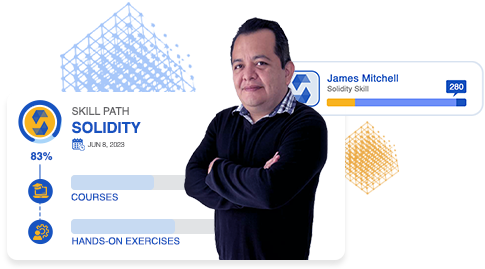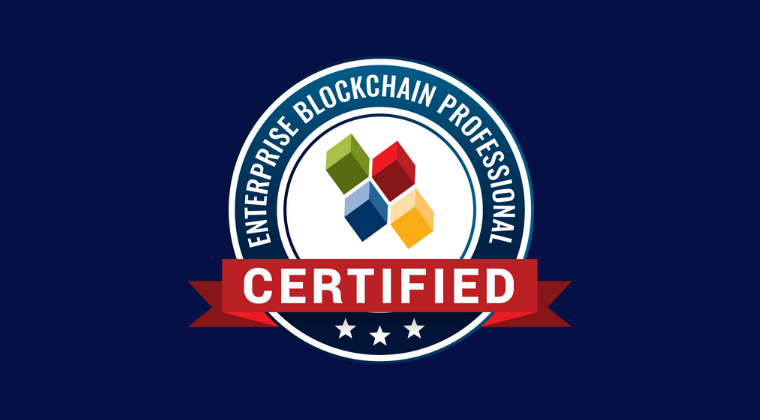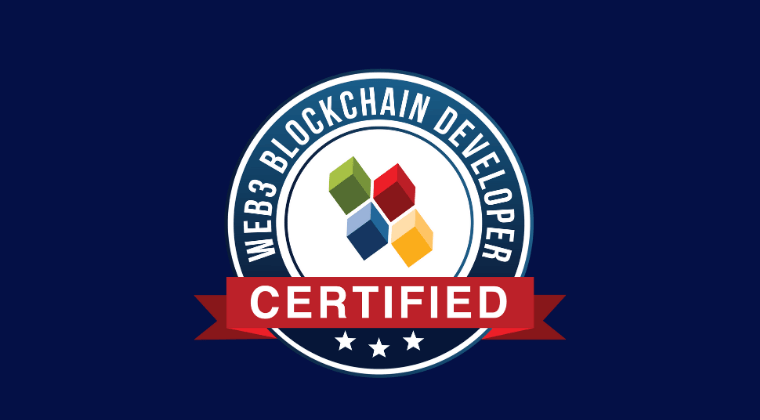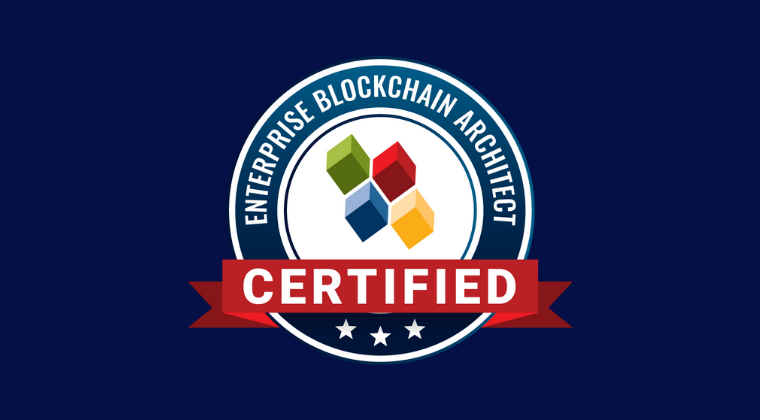Trusted by employees at leading organizations





















Recommended Courses
Solidity Fundamentals
Learn how to create and deploy smart contracts on the Ethereum blockchain with Solidity.
- 3 Hours
- 73 Lessons
- Fundamentals
Smart Contracts Development
Master the complete Ethereum smart contract lifecycle with top tools and frameworks. Learn best practices for coding, testing, and deploying smart contracts.
- 3+ Hours
- 68 Lessons
- Intermediate
Advanced Solidity Development
Learn the best practices for Solidity Smart Contract Development with advanced features by taking 101 Blockchains’ Advanced Solidity Development course.
- 3+ Hours
- 81 Lessons
- Expert
Web3 Application Development
Explore the future of digital interactions with our Web3 Application Development course. Learn to create decentralized, blockchain-based applications that revolutionize how users engage with online platforms.
- 3 Hours
- 71 Lessons
- Intermediate
Recommended Certifications
Solidity Skill Path FAQs
The Solidity skill path includes four comprehensive professional training courses from our training library-
- Solidity Fundamentals
- Smart Contracts Development
- Advanced Solidity Development
- Web3 Application Development course
You will also get access to additional learning resources such as webinars to keep you up to date with trends and real-world applications.
The solidity skill path helps you with career development in web3 by teaching you essential skills that will help you create Solidity smart contracts. Solidity is the most popular programming language for the creation of smart contracts on EVM-compatible blockchain networks. The average annual salary of a Solidity smart contract developer can vary from $140,000 to $325,000. With expertise in Solidity, you can become a valuable asset for web3 companies.
Yes, 101 Blockchains offers expert support with the Solidity skill path. You can reach out to our support team and get prompt answers to your queries regarding topics covered in the course. We also have a dedicated support team ready to solve your queries about technical issues with the skill path and courses included in it. Our support team provides a fast and helpful response to any query.
Anyone who wants to build a career in blockchain, web3, and Smart Contracts should enroll in the Solidity skill path. The Solidity skill path is also the ideal pick for software developers and engineers who want to explore new and exciting positions in web3. IT professionals can find the perfect resource to make a profitable career transition by learning smart contract development. On top of it, innovation managers and entrepreneurs can also use the Solidity skill path to try out new ideas for web3 apps.
The Solidity skill path does not pose any eligibility criteria. You don’t have to fulfill any mandatory prerequisites to learn the courses in the Solidity skill path. However, prior knowledge of blockchain fundamentals and the working mechanism of smart contracts can offer a significant advantage to all learners.
The most important feature of Solidity is the assurance of a comprehensive set of functionalities to support smart contract implementation. Solidity has been inspired by the Python, JavaScript, and C++ programming languages. It is a statically typed object-oriented language and can help in the implementation of contracts for use cases such as multi-signature wallets, voting, and crowdfunding.
Variables serve as storage locations in Solidity. They contain values that can fluctuate during the course of their runtime. You can find two broad categories of variables in Solidity, such as state variables and local variables. State variables are declared outside functions in a contract and have permanent storage on the Ethereum blockchain. Local variables are the ones that can be declared in the function, and the scope of the function is limited.
Libraries in Solidity are contracts featuring reusable codes. Other contracts can call the functions in a library. Solidity users can leverage libraries to deploy common code with reduced gas fees. Users can call the functions of the library directly when they don’t have any impact on the modification of state variables. It is also important to note that libraries do not have state variables and cannot inherit any elements.
Yes, developers can use loops in Solidity for easier programming. However, it is important to use loops carefully in Solidity. For example, an infinite loop can lead to a loss of gas and end up with a failure in the continuous execution of the contract. You cannot use the ‘For’ loop in Solidity for iteration over an array. Developers must practice caution when a loop updates the state of certain variables in the contract.
Source files are an important component in Solidity programming as they include multiple smart contracts and library definitions in one file. The source file can feature any number of contract definitions, pragma, and imports. You can identify the Solidity source file by its ‘.sol’ extension. Developers must maintain unique source files for every contract or library definition to ensure better code maintenance.




